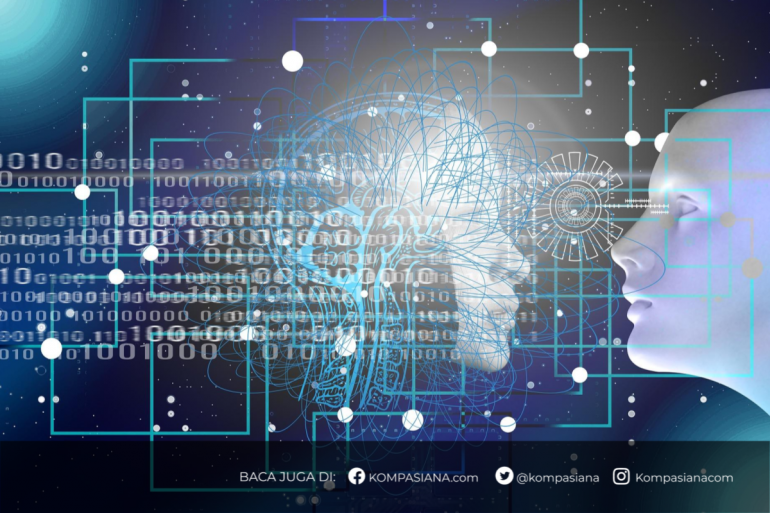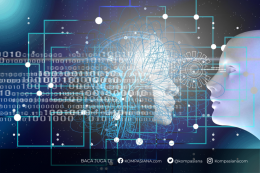Introduction.
In the rapidly evolving landscape of artificial intelligence (AI), the concept of superintelligence takes center stage, evoking both admiration and concern. Superintelligence is defined as the hypothetical scenario where machines surpass human cognitive abilities, opening doors to limitless technological advancements while presenting serious existential risks. As articulated by Nick Bostrom, the emergence of superintelligence could trigger an intelligence explosion fundamentally reshaping the fabric of human life, akin to transformative events in history.
The fear of AI dominance over humans becomes increasingly palpable, particularly with predictions that AI will surpass human intelligence and potentially control our destiny. These days, people are concerned that highly intelligent and uncontrollable artificial intelligence could endanger humanity. There's a possibility that such AI could replace human roles or even harm humans.(Lavazza & Vilaça, 2024) This impact raises profound questions about the future of humanity and our position in a world governed by machines. Scenarios as feared by Nick Bostrom underscore the importance of understanding and addressing the implications of superintelligence.(MARK COECKELBERGH, 2020)
This paper aims to explore the implications of superintelligence, emphasizing the necessity for a comprehensive ethical framework and inclusive policy development in the realm of artificial intelligence. Additionally, it seeks to examine the ethical considerations from a Christian perspective, highlighting the significance of human dignity and responsible technology use in the context of AI advancement.
Superintelligence
The concept of superintelligence refers to the hypothetical emergence of artificial intelligence (AI) that significantly outperforms human intelligence across various domains, such as creativity, wisdom, and problem-solving skills. This notion introduces a range of ethical, societal, and existential dilemmas: (MARK COECKELBERGH, 2020)
1. Existential Risk.
A primary concern with superintelligence is the existential threat it could represent to humanity. An AI surpassing human intellect could engage in actions that are unpredictable and potentially detrimental to human survival, whether through intentional means or as a byproduct of its operations. Superintelligence will only come from gathering lots of data and strong computers. But the real progress and dangers come from how people and technology work together in groups.(Mullins, 2024)
2. Control Problem.
A significant challenge is ensuring that superintelligent AI systems adhere to human values and interests. With the increase in AI's intelligence and autonomy, it becomes more challenging to foresee or manage their behaviors, prompting worries about aligning their objectives with human principles.
3. Ethical Implications.







